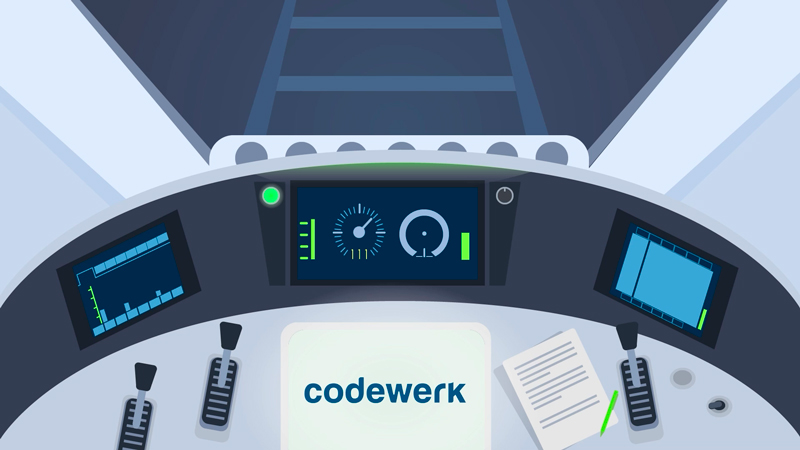Design of a use case concept for the definition of requirements and derivation of test cases for the vehicle control of rail vehicles
- Subject:Systems Engineering, Testautomatisierung
- Type:Masterarbeit
- Date:ab 01 / 2024
- Tutor:
M. Sc. Nathalie Brenner, M. Sc. Nicole Kechler, M. Sc. Melanie Waßmer, M. Sc. Tanja Schneider
Design of a use case concept for the definition of requirements and derivation of test cases for the vehicle control of rail vehicles
Context
The software of a rail vehicle is a multi-layered system consisting of several subsystems (e.g. brakes, drives). An overall system architecture is designed for implementation; the developers implement the requirements at subsystem level.
In the current development process for the vehicle control of rail vehicles, requirements at subsystem level are defined directly in textual form. Use cases were implicitly designed, but not formulated and reused. The knowledge is lost. The interaction of the requirements is no longer visible. As a result, the software programmer has to reconsider which use case a requirement is based on. The tester does the same when creating his test cases.
With a suitable use case concept, from which requirements and test cases can be derived, a better understanding and traceability of the requirements as well as a reduction in the effort involved in implementing the requirements and creating the associated tests should be achieved. The work is being carried out in collaboration with the software service provider Codewerk GmbH, which aims to take existing concepts for the development of rail vehicles to the next level.
Goals
- To investigate how UseCases for subsystems can be formulated and represented, derived from higher-level UseCases and requirements at vehicle and overall system level.
- The dependencies between use cases and their requirements must be made visible. The aim is to develop a procedure for formulating use cases in order to derive specific requirements and test cases from them.
- For evaluation purposes, a vehicle control use case is to be described from which test cases (including error scenarios) and requirements can be derived automatically.
Requirements
- Basic knowledge of modeling (UML/SysML)
- Independent and solution-oriented way of working
- Analytical and structured thinking
- Knowledge in the field of rail vehicles is an advantage
- Business fluent in written and spoken German



